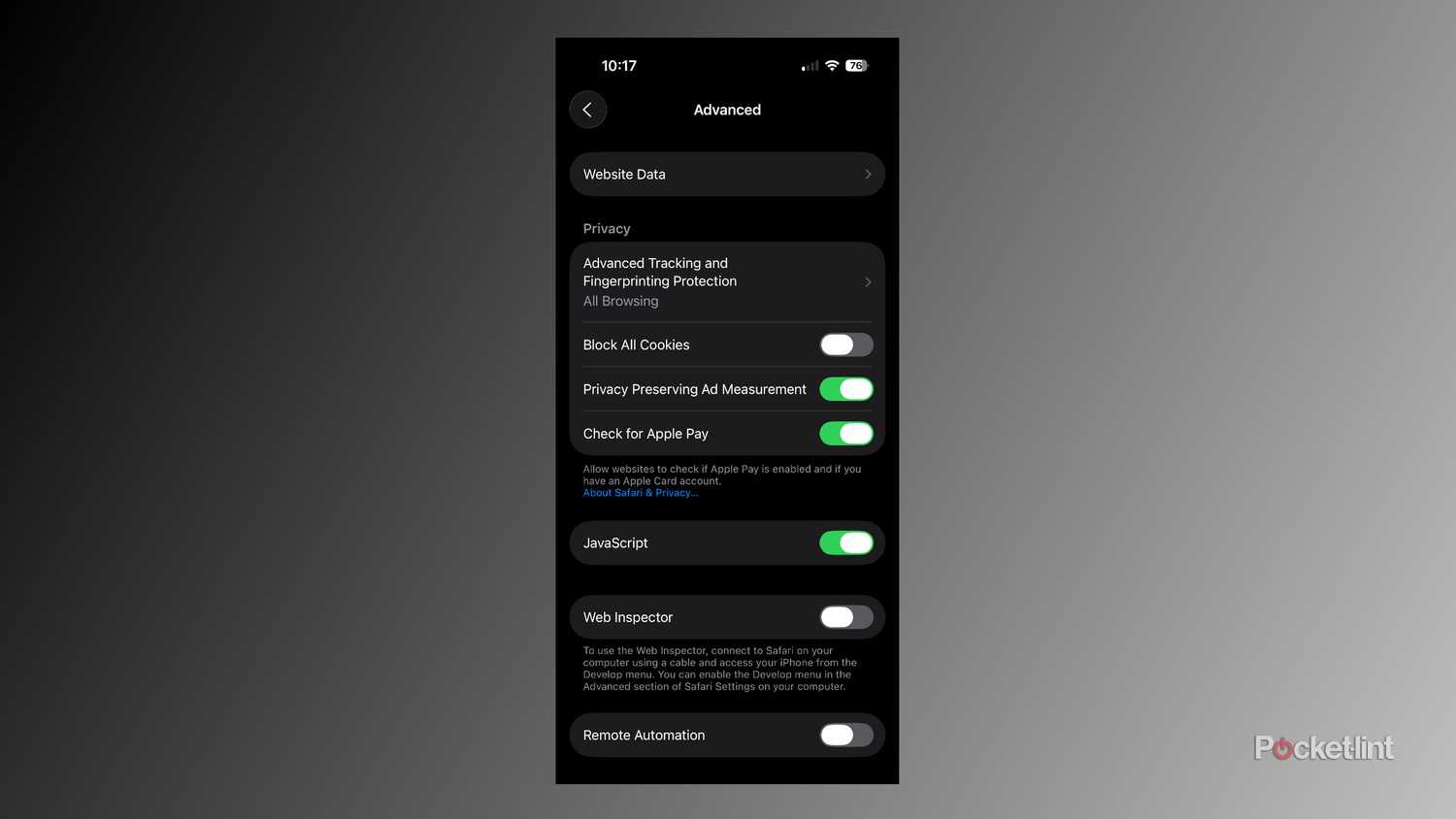I get the impression that much more persons are fascinated with web browser privacy than they did a decade in the past. I haven’t got a survey at hand, however contemplating how widespread information and recommendation items are concerning the subject — and the way usually browser makers themselves tout privateness options — there have to be some groundswell of consciousness. It is also troublesome to disregard the results of weak privateness, since pretending that it would not matter will lead to obnoxious promoting at greatest, and a compromised device or identity at worst.
It is really taken with no consideration as of late that an online browser will provide some kind of non-public looking mode. If it isn’t known as that, it should be known as one thing like Incognito, as within the case of Google Chrome. However how safe are these modes, actually? The main points are going to rely upon the precise browser, however the brief model is that you just should not rely upon these modes as some kind of bulletproof protect.
What do non-public looking modes really do?
Native privateness over wider safety
One thing all non-public modes share in widespread is that they are remoted from different tabs, and will not save your web site/web page historical past. If we’re sincere, that is most frequently used to have a look at… sure photos and movies on a shared gadget, but it surely may additionally be helpful in the event you’re looking for a birthday current or engagement ring. Moreover, it might be needed if you wish to analysis a specific political or spiritual view with out somebody judging you harshly, which is all of the extra probably if an notorious web site exhibits up unexpectedly in that individual’s auto-complete recommendations.
Monitoring and choice cookies aren’t saved, and all third-party cookies are blocked by default — a minimum of in Chrome, Safari, and Firefox.
That leads me into one other widespread trait, which is that monitoring and choice cookies aren’t saved, and all third-party cookies are blocked by default — a minimum of in Chrome, Safari, and Firefox. That is helpful not just for decreasing the diploma to which you are tracked (extra on that in a second), however for stopping advertisers and different events from fully misjudging your pursuits. Utilizing the political instance, you is likely to be doing analysis on far-right politics for a information company or civil rights group — through which case you would not need anybody getting the impression that you just really help them.
As soon as a personal tab is closed, all of its knowledge is scrubbed out of your browser, a minimum of on paper. That is going to make issues inconvenient the subsequent time you revisit any web sites, so you must in all probability keep away from utilizing non-public looking on a regular basis except your wants are restricted or extreme.
So what’s the issue with non-public looking, then?
Coping with the realities of the web
The ugly fact is that cookies aren’t the one means you could be tracked. One other is “fingerprinting,” used to establish an individual by widespread components, even in the event you technically stay nameless. Everytime you go to an internet site, it nonetheless wants primary items of data to serve you, such because the browser you are utilizing, the gadget you are utilizing it on, and what your IP handle is. Chrome on a Home windows laptop computer renders issues differently from Safari on an iMac, and naturally, any web site must know the place it is sending knowledge.
Fingerprinting works as a result of it is uncommon for 2 individuals to share the very same profile. There aren’t going to be many individuals visiting a particular web site from a particular IP vary utilizing a particular net browser working at a particular decision. In case you can slim issues down additional, you’ll be able to inform when that individual is lively on one other web site, no matter whether or not cookies are lively. Information brokers and the like are particularly on this, because it lets advertisers goal you with eerily exact demographic content material. It is likely to be one of many causes I see so many advertisements for EUCs as of late.
Fingerprinting is used to establish an individual by widespread components, even in the event you technically stay nameless.
On a deeper stage, a personal browser is not going to cease your web supplier (ISP), community administrator, or different occasion with direct management over your net site visitors from seeing the websites you entry. They should know this for sensible functions, a minimum of. They could not care what you are visiting, more often than not — but when they’re served with a warrant or a nationwide safety order, they could haven’t any selection however handy over that data.
ISPs might also voluntarily rat on you in the event you’re suspected of piracy, and naturally, some governments haven’t any qualms about spying on harmless individuals.
What can I do to make non-public looking extra non-public?
You’ve got received choices
The excellent news right here is that you’ve a wide range of instruments at your disposal. Probably the most primary is to activate any anti-fingerprinting protections your browser may need. These are baked into Safari and Firefox, however with apps like Chrome, you could want to show to third-party extensions as an alternative. Be warned that anti-fingerprinting measures can doubtlessly trigger havoc — since they’re both blocking knowledge or injecting synthetic “noise,” even some harmless websites could not behave the best way they’re alleged to. You may should determine for your self how a lot you care about this type of monitoring.
Probably the most excessive possibility is Tor Browser, one of many instruments of selection for dissidents monitored by authoritarian regimes.
The subsequent step for some individuals might be turning to a VPN (digital non-public community). By their nature, VPNs disguise your IP handle for any web site you go to. In addition they encrypt site visitors whereas it is en route, making it robust or inconceivable for outdoor events to intercept, and will have further safety measures on prime of that. In case you’re anxious about surveillance, a VPN might be unavoidable, though not some kind of magic wand. You are not going to flee the Nice Firewall utilizing a VPN tolerated by the Chinese language authorities.
Some third-party browsers place stronger emphasis on privateness, corresponding to Courageous and DuckDuckGo. Probably the most excessive possibility is Tor Browser, which routes your site visitors by the free Tor community, and is likely one of the instruments of selection for dissidents monitored by authoritarian regimes. It ought to in all probability be prevented by informal customers, nonetheless — it slows down your net site visitors, and lots of plug-ins merely will not work. Certainly the Tor Challenge recommends in opposition to putting in any plug-ins that may work, since they might bypass the Tor community or in any other case leak your knowledge. The group is lethal severe about its mission.
Trending Merchandise

Thermaltake V250 Motherboard Sync ARGB ATX Mid-Tow...

Sceptre Curved 24-inch Gaming Monitor 1080p R1500 ...

HP 27h Full HD Monitor – Diagonal – IP...

Wi-fi Keyboard and Mouse Combo – Full-Sized ...













